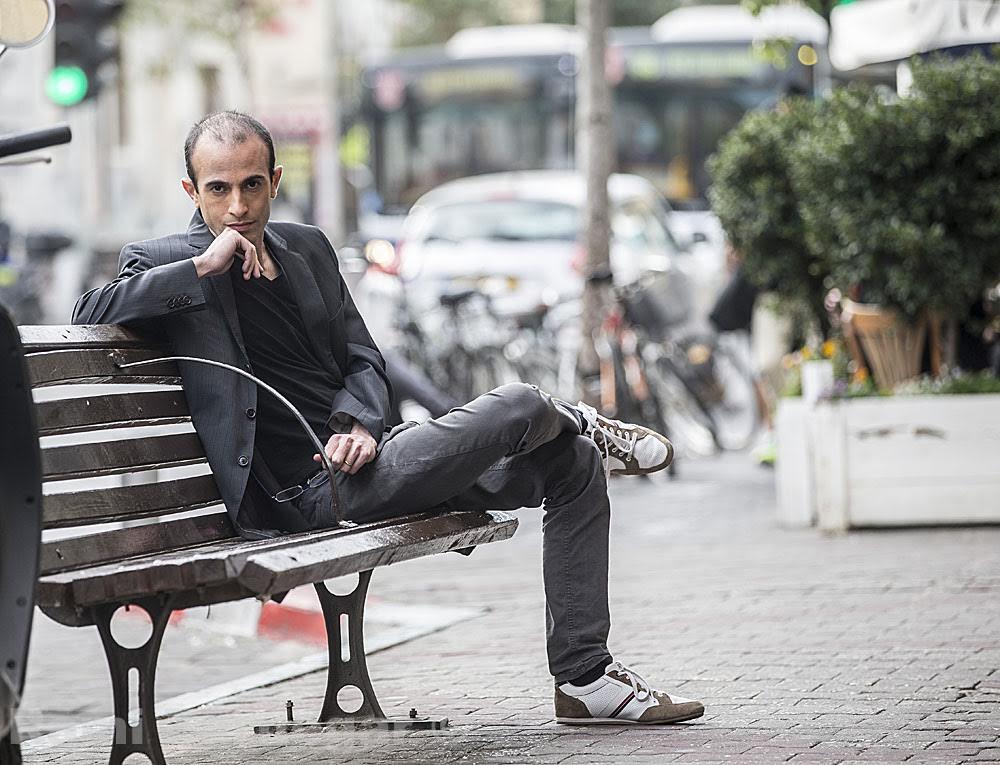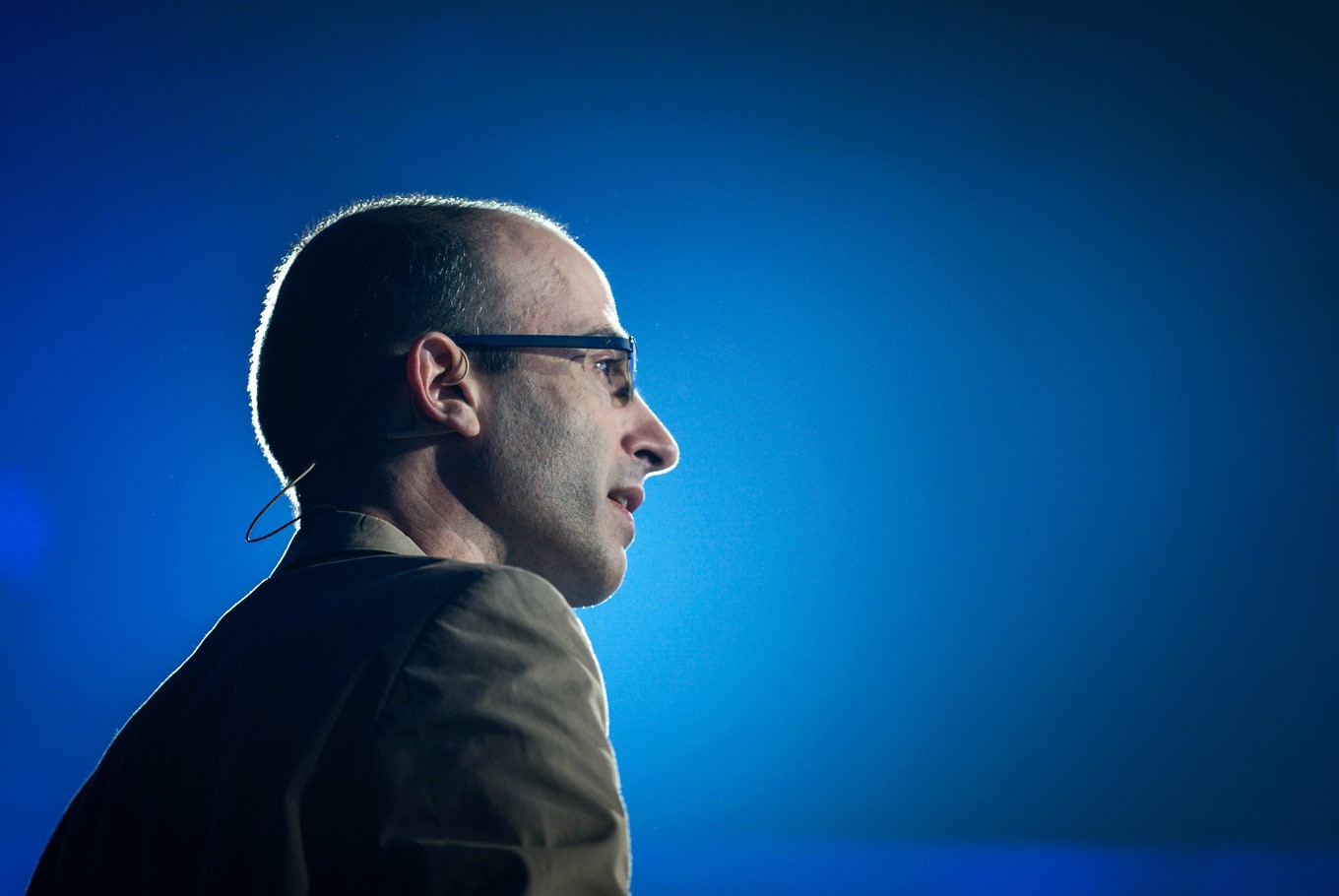
However, if a selfish and nationalistic competition between countries, to get as much as possible for themselves, regardless of others, ends up prevailing and thus, damaging the production efficiency and resulting in an inequitable distribution of equipment, this would leave a toxic legacy, something that could affect international relations for many years to come. If we succeed in doing this, it could leave a legacy of solidarity, trust and cooperation that would help us deal with many other crises in the future. For example, by establishing a global system of production and distribution of medical equipment, where countries use resources to produce respirators and medicines and then distribute them fairly, rather than rich countries monopolising resources and leaving nothing for the poor. I think it is important to see if we can deal with this, together, as humanity. What we choose in the next month or two will change the world for years or even decades. Another concern is that countries will opt for isolationism and pursue nationalist interests, something that would have terrible consequences for the world when the crisis ends. My main concern is that, because of short-term considerations, people will make the wrong choices, such as dealing with the crisis by implementing authoritarian or even totalitarian regimes, rather than empowering citizens. I would emphasise two main elements: firstly, that there is nothing predetermined in the way we deal with this crisis and that there are many options, not just one, and, secondly, that the decisions we take, will have an impact for years and decades and will reconfigure the planet. The idea has been thought of before, but no one has done it on this scale and now, we do not know what the consequences will be. We are witnessing many experiments on millions of people, like in the United States, where the universal basic income is going to be implemented by giving money to all its citizens during the crisis. I think it is important to understand that we are rewriting the rules of the game: of the economic and political game, everything is at stake. What will be the most important effects of the coronavirus crisis? Yuval Noah Harari is a 44-year-old historian and philosopher whose books – ‘Sapiens: From Animals to Gods’ ‘Homo Deus: A Brief History of Tomorrow’ and ’21 Lessons for the 21st Century’ – have enjoyed global success and turned him into one of the most prominent thinkers of today.

We will have to choose between uniting humanity or selfishness and nationalisms”.

Sapiens: A Brief History of Humankind looked deep into our past, Homo Deus: A Brief History of Tomorrow considered far-future scenarios, and 21 Lessons for the 21st Century focuses on the biggest questions of the present moment.“We are rewriting the rules of the game,” Israeli historian and author Yuval Noah Harari told Efe in an interview, warning that “the decisions we make now will have an impact for years and decades and will reconfigure the planet. His books have been translated into 50+ languages, with 12+ million copies sold worldwide. Yuval Noah Harari has a PhD in History from the University of Oxford and lectures at the Hebrew University of Jerusalem, specializing in world history. They discuss the importance of meditation for his intellectual life, the primacy of stories, the need to revise our fundamental assumptions about human civilization, the threats to liberal democracy, a world without work, universal basic income, the virtues of nationalism, the implications of AI and automation, and other topics. In this episode of the Making Sense podcast, Sam Harris speaks with Yuval Noah Harari about his new book 21 Lessons for the 21st Century.


 0 kommentar(er)
0 kommentar(er)
